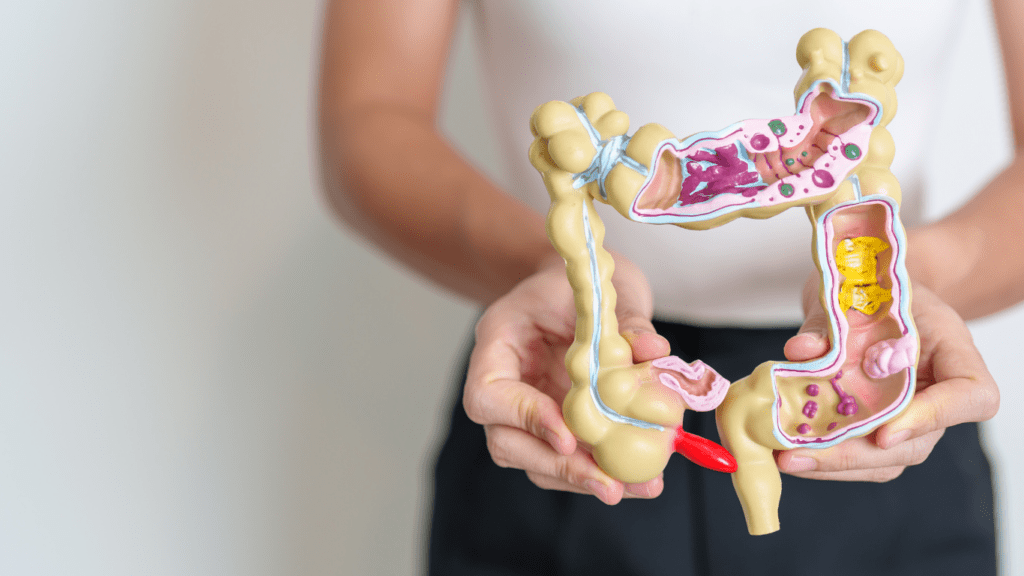Understanding Gut Health and Running
Maintaining good gut health is crucial for runners. Digestive issues can significantly affect performance and enjoyment.
The Connection Between Digestion and Exercise
Running stimulates various body systems, including the gastrointestinal (GI) tract. During intense exercise like running, blood flow diverts from the GI tract to muscles, which can slow digestion.
This shift sometimes leads to cramping or discomfort. Smart dietary choices before a run can optimize digestion and minimize these disturbances.
Common Digestive Problems in Runners
Runners often face GI issues (e.g., stomach cramps, diarrhea, and bloating) mid-run. These problems usually arise from improper eating habits, dehydration, or the body’s response to physical stress.
Identifying and addressing specific triggers (e.g., high-fiber foods, fatty meals, or unfamiliar ingredients) can help mitigate these digestive disruptions.
Essential Pre-Run Eating Habits
Eating right before a run is key to maintaining gut health and avoiding digestive issues. Incorporating the right foods and avoiding problematic ones can significantly improve your running experience.
What to Eat Before a Run
Consume easily digestible carbohydrates before a run. Opt for options like bananas, toast with jam, or oatmeal. These foods provide quick energy and are gentle on the stomach.
Include a small amount of protein, such as a spoonful of peanut butter or a yogurt cup, to sustain energy levels. Hydrate with water, ensuring you drink at least 16 ounces an hour before, but avoid overhydration.
Foods to Avoid Before Running
Avoid high-fiber foods, fatty meals, and dairy products. Items like beans, broccoli, and whole grains can cause bloating and gas. Fatty foods, including:
- fried items
- heavy sauces
- slow digestion
- may lead to discomfort
Dairy products, especially for those lactose intolerant, can trigger cramps and diarrhea. Steer clear of these to keep your digestive system running smoothly.
By focusing on optimal pre-run eating habits, runners can minimize digestive issues and enhance their performance without discomfort.
Hydration and Its Effects on Digestive Health

Hydration plays a crucial role in maintaining digestive health during running. Adequate fluid intake helps prevent dehydration, which can lead to various digestive issues.
Importance of Staying Hydrated
Staying hydrated supports proper digestion by facilitating nutrient absorption and waste elimination. Dehydration, even a 2% loss in body weight due to fluid loss, can impair digestion and cause cramps, bloating, and nausea.
To maintain hydration levels, drink water consistently throughout the day. For example, consume 17-20 ounces of water 2-3 hours before running.
Choosing the Right Fluids for Running
Choosing the right fluids ensures optimal hydration without causing gastrointestinal distress. Water remains the best option for most runs but for runs longer than 60 minutes, incorporate electrolytes.
Sports drinks, coconut water, or homemade electrolyte solutions can replenish lost sodium and potassium, preventing dehydration-related digestive issues. Avoid caffeine and alcohol before running as they can lead to dehydration and exacerbate digestive problems.
By selecting the right fluids, runners can maintain gut health and performance.
During the Run: Managing Digestive Discomfort
Runners often face digestive discomfort mid-run. Addressing this promptly can enhance overall performance and prevent further complications.
Techniques to Reduce Gastrointestinal Distress
Implementing specific techniques during the run helps manage gastrointestinal distress.
- First, regulate breathing to avoid gulping excess air, which can cause bloating. Inhale through the nose and exhale through the mouth consistently.
- Second, maintain a steady pace to prevent sudden jarring movements that irritate the gut.
- Third, avoid consuming too much water all at once. Sip fluids regularly instead. If nutrition is needed mid-run, opt for easily digestible options like energy gels, avoiding high-fiber or high-fat foods.
- Lastly, listen to your body’s signals to make immediate adjustments where needed.
When to Slow Down or Stop
Understanding when to slow down or stop is crucial in managing severe digestive issues. If cramping becomes unbearable, reducing pace can alleviate pressure on the abdomen.
Severe symptoms like nausea, vomiting, or sharp pain indicate a need to stop immediately. Continuing under these conditions risks further harm. Find a safe spot to rest and drink small amounts of water to rehydrate but avoid large volumes.
Walking slowly can help alleviate minor discomfort, but if symptoms persist, it’s essential to cease the run and seek medical advice if needed.
Post-Run Recovery for Optimal Gut Health
To ensure optimal gut health after running, focus on strategic nutrition and adequate rest, enhancing the body’s recovery process.
Nutritional Recovery Strategies
Consuming the right nutrients post-run significantly benefits gut health. Within 30 minutes of finishing, I consume a balanced meal of proteins, carbohydrates, and fats to replenish glycogen stores and repair muscle tissue.
Including fermented foods like yogurt provides probiotics that support gut flora balance. Hydration remains crucial post-run; I drink water or electrolyte solutions to replace lost fluids.
Importance of Rest and Digestion After Running
Rest plays a vital role in post-run recovery. I lie down or sit comfortably to allow my digestive system to function without added physical stress. Engaging in light activities like stretching or walking can promote blood flow, aiding digestion.
Practicing mindfulness or deep-breathing exercises calms my system, reducing cortisol levels and supporting gut health.
By focusing on these strategies, I ensure my gut recovers effectively after each run.



